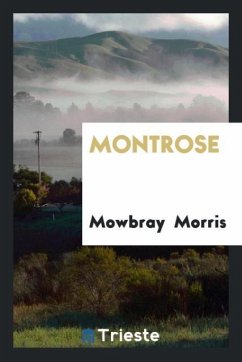Isabella Banks, sometimes known as Mrs. G. Linnaeus Banks, was an English novelist and poet. Banks was born in Manchester, England, and is most known today for her work The Manchester Man, which was released in 1876. Sabella Varley was born on March 25, 1821, above her father's pharmacy at 10 Oldham Street, in what is now known as Manchester's Northern Quarter. Isabella took a deep interest in Manchester's history and political growth. Her father, James, and mother, Amelia, were both politically involved long before the City of Manchester had its own parliamentary representation; her father served as a town alderman and magistrate throughout his life. Varley's writing ability was first recognized when The Manchester Guardian published her poem "A Dying Girl to her Mother" in 1837. Around the same time, she began frequenting the Sun Inn on Long Millgate in Manchester, a pub popular with poets, writers, and other working-class intellectuals, and joined the Sun Inn Group, which included Samuel Bamford, John Critchley Prince, John Bolton Rogerson, Robert Rose, Elijah Ridings, and Robert Story. However, she was too bashful to fully engage in the Group's gatherings, preferring to hide behind a velvet curtain in the back of the room during readings and have others read her own works aloud on her behalf.
















